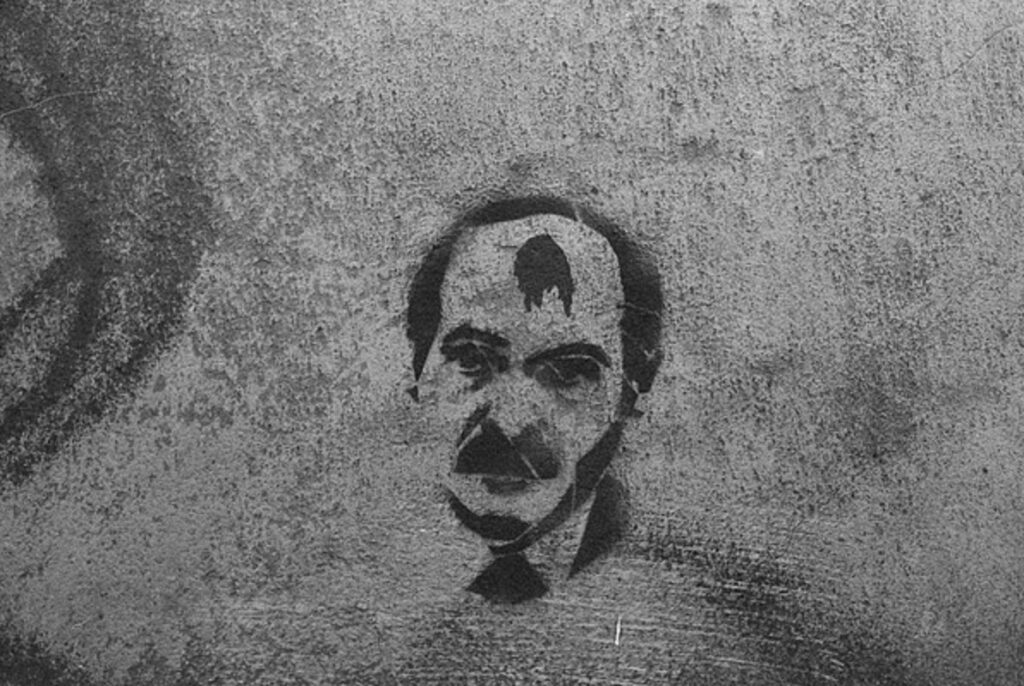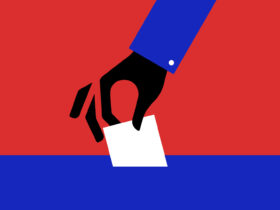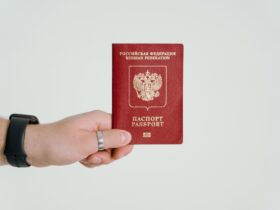Alexander Lukashenko, who bears the moniker “Europe’s Last Dictator,” is an invaluable piece in Putin’s invasion of Ukraine. It is from Lukashenko’s Belarus that Russian troops marched directly to the outskirts of Kyiv — liberal democracy’s easternmost European outpost. Only the new world order is at stake. So, who is Lukashenko? How did he become entangled in Putin’s epochal gamble and what does the future hold for his Belarus?
Who is President Alexander Lukashenko?
Lukashenko is a Soviet army veteran, first elected president of Belarus in 1994, shortly following the dissolution of the Soviet Union. He has since retained power via fraudulent elections and violent dissident suppression. Most recently, his landslide 2020 presidential election victory was deemed non-compliant with international democratic standards by the Organization for Security and Co-operation in Europe (OSCE). Lukashenko, for these reasons, has made himself a pariah in the West. It also draws him to the Soviet-sympathetic Vladimir Putin of Russia. They have thus become natural allies.
Both are constantly under Western scrutiny, and as a result, they provide each other with mutual political support. In an incident in 2021, Belarus used a hoax-bomb threat to divert a commercial air flight to Minsk in order to arrest prominent opposition journalist Roman Protasevich. Despite international condemnation, Russia affirmed the legitimacy of Belarus’s actions. In a similar act later that year, Belarus recognized the Crimean Peninsula as legally Russian.
Belarusian Russian Interdependency
Belarus and Russia have been partners for a long time. Since even before 2000, Russia has accounted for about half of Belarus’s trade. Now, Lukashenko’s economy relies even more heavily on preferred treatment from Russia, with revenues from exporting refined oil products encompassing over 20% of the Belarusian GDP. These oil products are only profitable because Russia sells crude oil to Belarus at preferential sub-market prices.
The Soviet-style Belarusian economy lacks innovative growth potential to wean from those generous Russian oil subsidies and markets. Wide-scale privatization and foreign investment would ameliorate the economy’s stagnation and decrease dependence on Russia. However, Lukashenko’s unwillingness to cede economic and social power has ensured this would not happen. Given the current conflict in Ukraine, Russia seems unlikely to let Belarus westernize into a more capitalist economy.
Russia also benefits from this relationship. Putin backs Lukashenko because Belarus serves as a strategic buffer separating the Russian Federation from most of NATO. Additionally, Russia uses Belarus to monitor European military activities and conduct joint military drills. Putin has even suggested establishing permanent military bases in Belarus and merging countries to form a fully unified Belarusian-Russian state.
Belarus-Russia Tensions
Despite close ties and reliance, Lukashenko has shown willingness to exert his terms on Russia. In 2019 Belarus turned away from Russia to the West and ordered a U.S. oil shipment after Russia cut off crude oil supplies after the two countries disagreed on prices.
Lukashenko’s most recent brush with Russia came shortly before the 2020 Belarusian presidential election when Lukashenko arrested 21 Russian citizens after accusing Russia of attempting to overthrow his government. However, soon after, the two made amends after Putin aided Lukashenko in suppressing the 2020 election protests that threatened to overthrow Lukashenko’s regime. Putin’s security forces, verbal threats against instability and volunteer aid were instrumental in keeping Lukashenko in power against hundreds of thousands of Belarusian protestors frustrated with yet another undemocratic presidential election.
Lukashenko has since paid his debts to Putin. In February, Belarus hosted joint military drills to set the stage for the invasion of Ukraine. Belarus is also the departing point for the Russian military contingent attacking Kyiv. Though Belarusian troops have yet to see action in Ukraine, Lukashenko edited the Belarusian Constitution (with another allegedly bogus election) to erase the country’s non-nuclear status. Now, Putin can deploy nuclear weapons at the NATO border as retaliatory measures for “Western interference.”
Belarus’s Future
Despite Lukashenko’s history of erratically spurring both Russia and the West, the future of Belarus is inextricably tied to Russia’s for two reasons.
The first reason is the permanent Russian military presence in Belarus. Ever since Russia massed military forces in Belarus in late 2021, Lukashenko has lost all bargaining power with Putin. He will have to comply with whatever measures Putin deems necessary for their collective security. Lukashenko and the West have to assume these measures are extreme, considering that Putin has gambled his entire legacy as Russia’s strongman president on the invasion of Ukraine. The lengths he will go to ensure his expansionist goals succeed are epitomized by his numerous accounts of saying, “Why do we need a world with no Russia in it?”
Putin may even seek to fulfill the Union State Agreement with Belarus. Although Belarus never separated itself much from Russia’s economy, this 1999 agreement would completely integrate the two economies. Lukashenko has no leverage over Putin to prevent this, and the Russian tanks and troops already inside Belarusian borders don’t give Lukashenko any strategic favors if Russia decides it wants the Belarusian economy (or anything else for that matter).
The second force tying Belarus’s future to Russia’s comes from the West. Sanctions on Russia have expanded and will extend further to include Belarus because of their role in the Russian invasion of Ukraine. Additionally, the West will need to sanction Belarus so that they won’t route sanctioned goods to Russia—whatever punishments and deterrent measures the West decides to impose on Russia will also directly impact Belarus.
Lukashenko enjoyed acting as if Belarus was independent during his nearly 30-year reign. Though Belarus gained and retained sovereignty in the aftermath of the Soviet Union’s collapse, it never escaped Russia’s shadow. More than ever, Russia is in control of the Belarusian economy, military and leadership. Just as Putin took down his citizens’ rights, his own economy and the lives of Ukrainian civilians in an attempt to achieve Eastern European hegemony, Putin will drag Lukashenko and Belarus down with Russia in the aftermath of his war of aggression.







